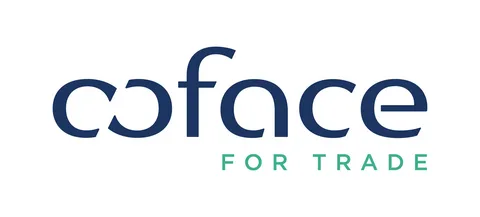The Benefits of Insurance in Business and Daily Life
Insurance has become an essential component of both business and personal life. Historically, the “fear of loss” has always hindered progress, whether in commerce or in personal endeavors. This anxiety about the uncertain future, be it in the form of financial loss, personal injury, or business disruption, has been a constant concern. Fortunately, insurance has proven to be a vital tool in mitigating these risks and providing solutions to many challenges faced in both personal and commercial spheres.
Here are the key benefits of having insurance:
1. Offering Protection
The fear of unexpected loss is a universal concern. Whether it’s the destruction of a factory in a fire, a shipping disaster at sea, or the premature death of a primary breadwinner, the emotional and financial toll can be devastating. Insurance provides critical protection against such unforeseen events. For example, with fire insurance or marine insurance, the insured individual or business can be reimbursed for the loss and returned to their previous state of financial stability.
In the case of life insurance, if a breadwinner passes away unexpectedly, the family receives financial support, helping them maintain their lifestyle. Beyond individual protection, insurance also covers various social welfare programs, such as unemployment, health, accident, and old-age insurance. These programs help promote social fairness, offering support to those who are most vulnerable in society.
2. Dispersal of Risk
One of the core principles of insurance is the distribution of risk. Through insurance policies, risk is shared among many individuals. Each person or entity pays regular premiums to the insurer. When a loss occurs, the insurer uses these funds to compensate the affected party. Essentially, the collective contributions of a large pool of policyholders cover individual losses.
While insurance helps reduce the financial burden of personal losses, it cannot entirely prevent larger societal risks. For instance, if a person’s property is damaged by fire, insurance will compensate the individual for their loss. However, the loss of goods is still considered a societal burden. While insurance mitigates personal risk, it cannot eliminate all forms of loss, particularly those that affect society at large.
3. A Source of Fund Collection
Insurance not only provides protection but also serves as an important source of capital. The premiums paid by policyholders create a pool of funds that can be invested for economic development. These funds are typically accumulated over time, and their collective value can be used to promote industrial and national growth.
For example, the Life Insurance Corporation of India (LIC) invests premiums in long-term ventures, including national infrastructure projects, industrial development, and other growth initiatives. These large sums of money contribute significantly to capital formation, boosting employment and supporting the economy. By collecting funds from a broad base of policyholders, insurance helps mobilize capital, which is crucial for both national industrialization and economic growth.
4. Encouraging Savings
In addition to providing financial protection, insurance also acts as a savings vehicle. Life insurance policies, in particular, encourage individuals to save regularly by paying premiums. Over time, the accumulated premiums can grow into a significant sum, providing financial security for the policyholder or their beneficiaries.
For fixed-term policies, the insured receives a lump sum payout when the policy matures, which can act as a form of long-term savings. By offering a systematic way to save, insurance fosters a habit of saving that can contribute to an individual’s financial well-being over time. In this way, insurance not only provides protection but also helps individuals build financial resilience through regular savings.
5. Promoting Global Trade
Global trade is inherently fraught with risks, especially when goods are transported across international borders. Without insurance, traders would constantly face the fear of goods being lost or damaged in transit, whether due to natural disasters, accidents, or theft. These risks would limit the volume of trade and hinder business growth.
Insurance offers vital protection against maritime risks, including cargo damage, theft, or accidents during shipping. By providing defense against these risks, insurance has been instrumental in facilitating international trade. In the absence of such protection, trade would be far more limited, as businesses would be hesitant to engage in cross-border transactions due to the high potential for financial loss.
Conclusion
Insurance plays a crucial role in modern society by offering protection against unforeseen events, spreading risk, collecting funds for economic development, encouraging savings, and promoting global trade. By mitigating the effects of loss—whether personal, professional, or societal—insurance ensures that individuals, businesses, and entire nations can thrive despite the uncertainties of life. Its widespread adoption has made it an indispensable part of both daily life and the global economy.





